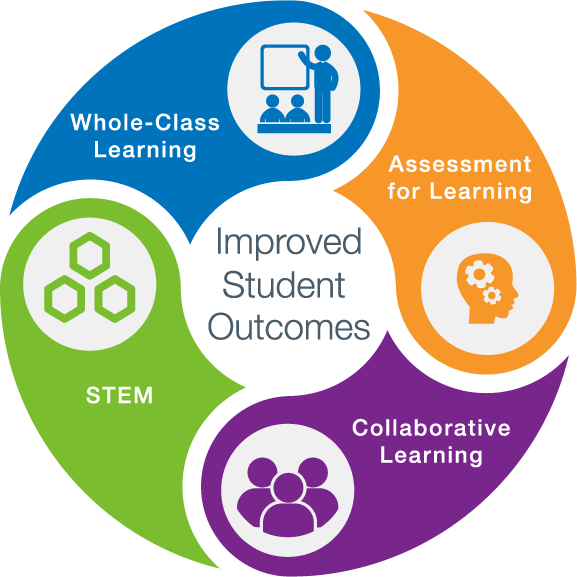Today we are talking about the important practices of
technology in education. First, I think we all appreciate what technology can
do, in so many ways in the classroom, and for the instruction of the lesson. Just
the simple fact that children with special needs’ physical, cognitive, and
social-emotional education is being met through technology should be enough to
justify why we need technology in our early childhood classrooms.
Some important
practices for technology in the classroom is learning with a purpose, knowing
the goals and standards you would like the child to be successful I through
this technological tool, and knowing how you will assess this assignment that
consisted of technology. When it comes to Learning with a purpose, this means
why you would to teach this lesson with technology, or why the children are
working on this activity through technology. Must be teacher monitored and
controlled. Just like any other lesson and activity presented by a teacher
where they should say why it is necessary for the classroom to work on what you
are presenting to them. The second practice is knowing the goals and standards
you would like the children to be at through this activity. For every age group
and every domain, you have standards that state where each child in your
classroom should be successfully attaining. Of course, not every child is the
same. You usually plan your assessment per each lesson, purpose for that
lesson. For example, through a smart board, allowing the child with fine motor
disabilities to practice counting in a row, one through ten. Because this child
may not be up for using smaller objects, like plastic beans, he will have a
chance at counting objects on the smart board screen. The teacher can still
assess if this child can count from one through ten without cognitive
difficulty. Which bring me to the last practice, and it is assessments.
Teachers can assess a child’s cognitive and social-emotional abilities using
technology. The best teachers are the teachers that can gear towards the way
the child learns.

No comments:
Post a Comment